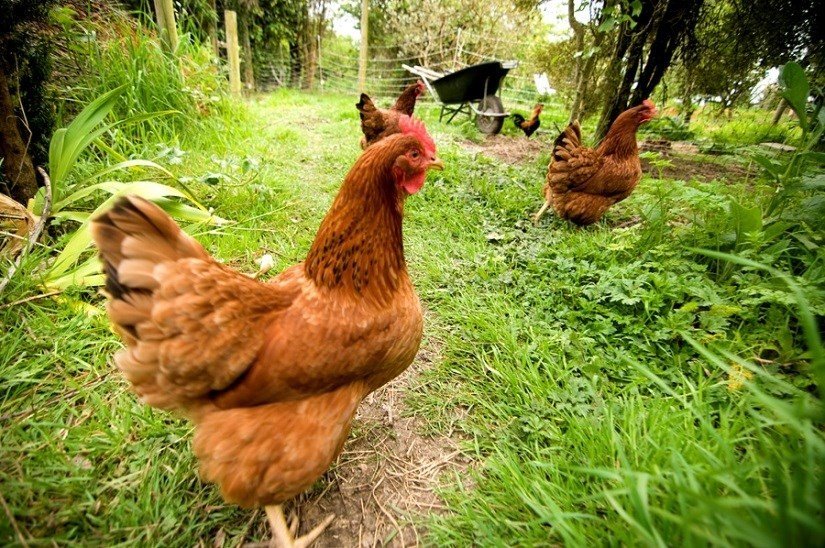Advocacy is a big part of the Soil & Health Association of New Zealand’s work. These policy documents set out our position on a number of key issues concerning food and farming in New Zealand. The policies range from climate change to education, seed saving, pesticides and freshwater quality.
For each policy a background is first set out which addresses what the issue is and how organic farming and gardening can work to solve that issue. The specific policy is then set out after that. For example the climate change policy states how industrial agriculture, poorly executed, is one of the largest contributors to climate change, organic agriculture however can work to mitigate climate change through reducing greenhouse gases, especially the release of CO2 from the soil, by avoiding synthetic soluble nitrogen fertilisers, and minimising nutrient losses.
The Association has campaigned, promoted, educated and advocated for organic production and sustainable living since it was founded. These policies set out the Association’s direction in advocating for and creating an organic New Zealand.
Organics
Agriculture is one of humankind’s most basic activities because all people need to nourish themselves daily.
It is therefore also the biggest way we as humans affect the world around us. Agriculture however, poorly executed, is one of the largest contributors to climate change and is the greatest immediate threat to species and ecosystems around the world. Agriculture can also involve the unethical mistreatment and exploitation of both people and animals.
READ FULL POLICY
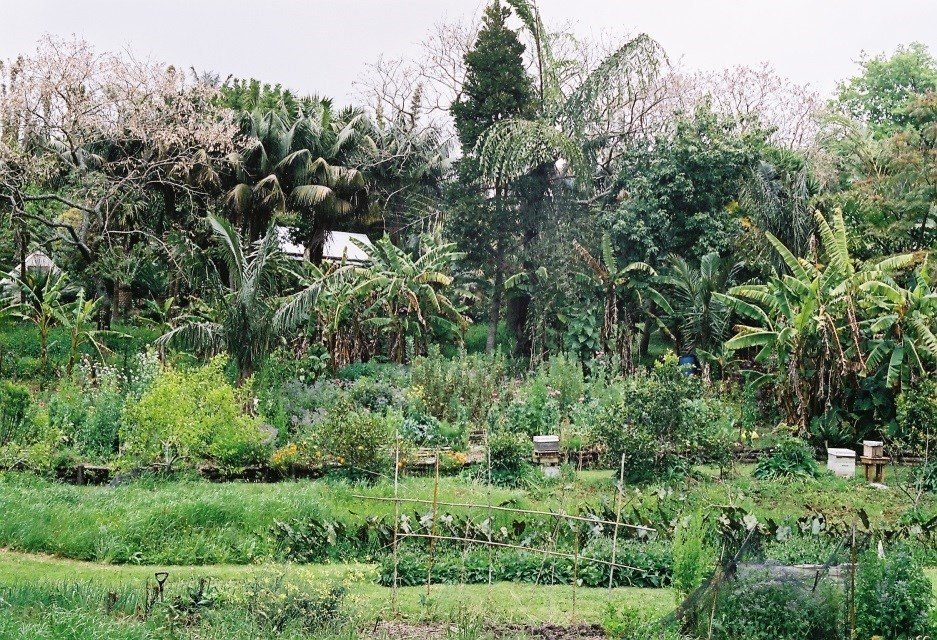
Food Sovereignty, resilience & security
Everyone should be able to access affordable, safe and nutritious food that is produced in a way that enhances the environment.
The Soil & Health Association is committed to strengthening food sovereignty in Aotearoa New Zealand by:
Supporting the right to food as recognised by the Universal Declaration on Human Rights.
Acknowledging Te Tiriti o Waitangi / The Treaty of Waitangi
READ FULL POLICY

Climate change
Agriculture, poorly executed, is one of the largest contributors to climate change. In Aotearoa New Zealand nearly 50% of greenhouse gas emissions are caused by agriculture. Agriculture can contribute to climate change through the use of synthetic fertilisers, which tend to burn up carbon in the soil, destabilize soil microbe populations and release nitrous oxide. This adds to nutrient deficient, unhealthy, pesticide dependent plants and animals, greater fossil fuel use in transportation, and the release of CO2 into the atmosphere from soil degradation and erosion. Organic agriculture however can work to mitigate climate change through:
READ FULL POLICY
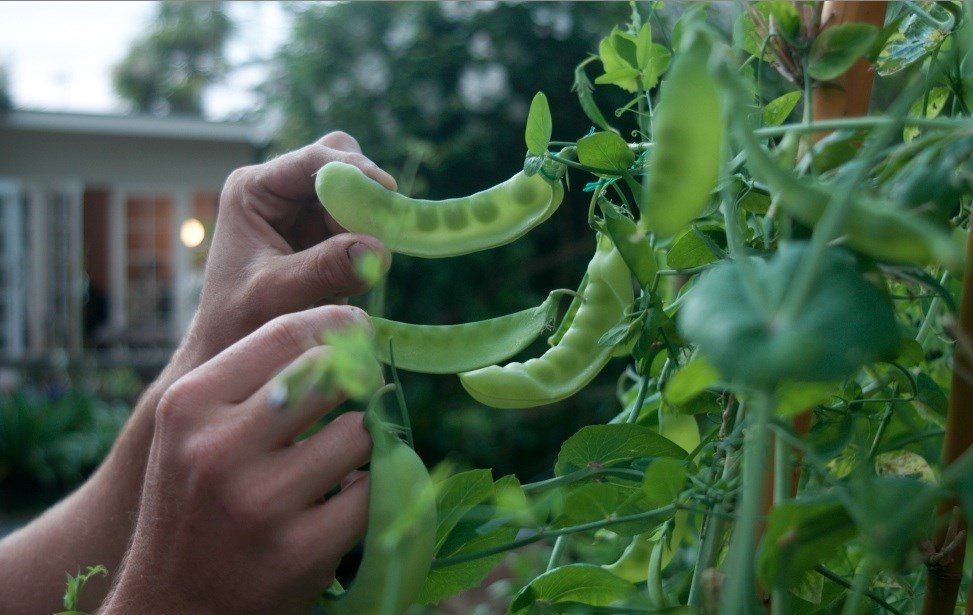
GE/GM
Genetic engineering (GE), also known as genetic modification (GM), is one of the most controversial technologies of recent times. Soil & Health has found no economic, health or environmental benefits from GE. There is great uncertainty around the adverse effects of GMOs (genetically modified organisms) on natural resources, ecosystems and also on human health. The risks are large and consequences could be irreversible. If GMOs were to be released into the environment, they can be very difficult, if not impossible, to eradicate.
READ FULL POLICY
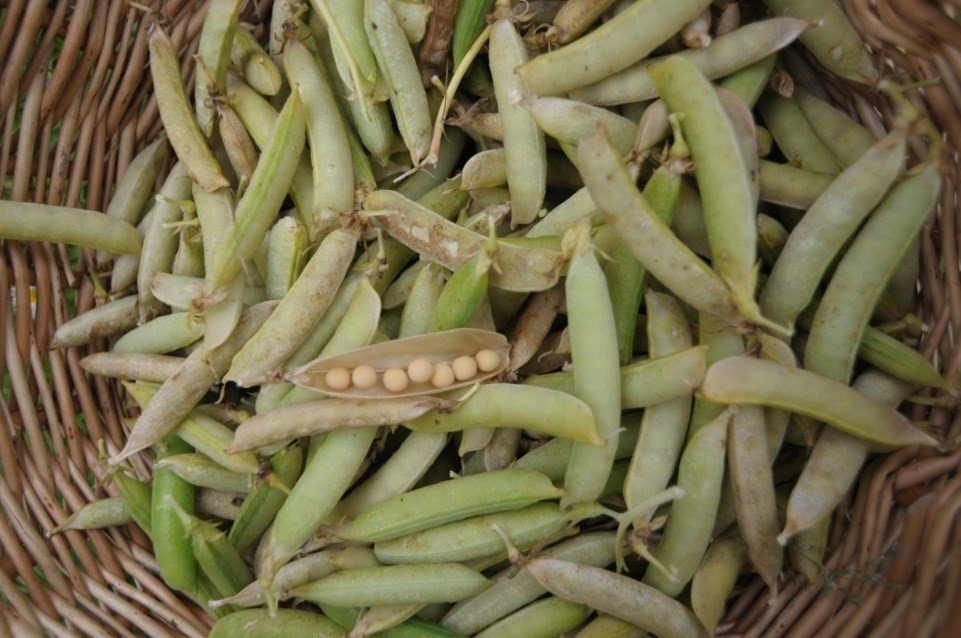
Seed saving
Much of the agricultural diversity that has taken 10,000 years to create is under threat due to industrialised agriculture. As late as 1900 there were over 1500 different food crops, each further represented by thousands of different cultivated varieties. Today however over 90% of the world’s food is made up of only 30 different food crops, and of these only four (wheat, rice, corn and soybeans) provide 75% of the calories consumed by humans.
READ FULL POLICY
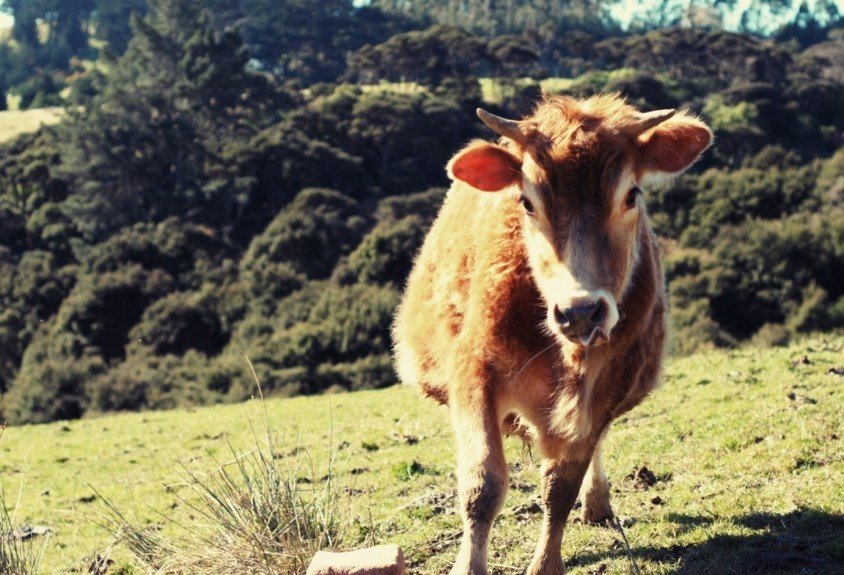
Animal welfare
Every year thousands of animals in New Zealand are farmed intensively, kept in unhygienic and cramped conditions, with high levels of stress and injury, and unable to express normal behaviours. This is ethically unacceptable and contrary to the stated principles in the Animal Welfare Act. Additionally, large numbers are subjected to cruelty through drug and chemical testing.
The Soil & Health Association advocates for the highest standards of animal welfare.
READ FULL POLICY

Fluoride in local body water supplies
In New Zealand around 60% of public water supplies have fluoride added to prevent dental decay. The main chemicals used to fluoridate drinking water are known as silicofluorides. These fluorides are not pharmaceutical-grade fluoride products but unprocessed toxic industrial by-products of the phosphate fertiliser industry. There is conflicting evidence on the benefits of water fluoridation to dental health. There is also a growing medical concern about the cumulative negative wider health impacts of ingestion of fluoride.
READ FULL POLICY
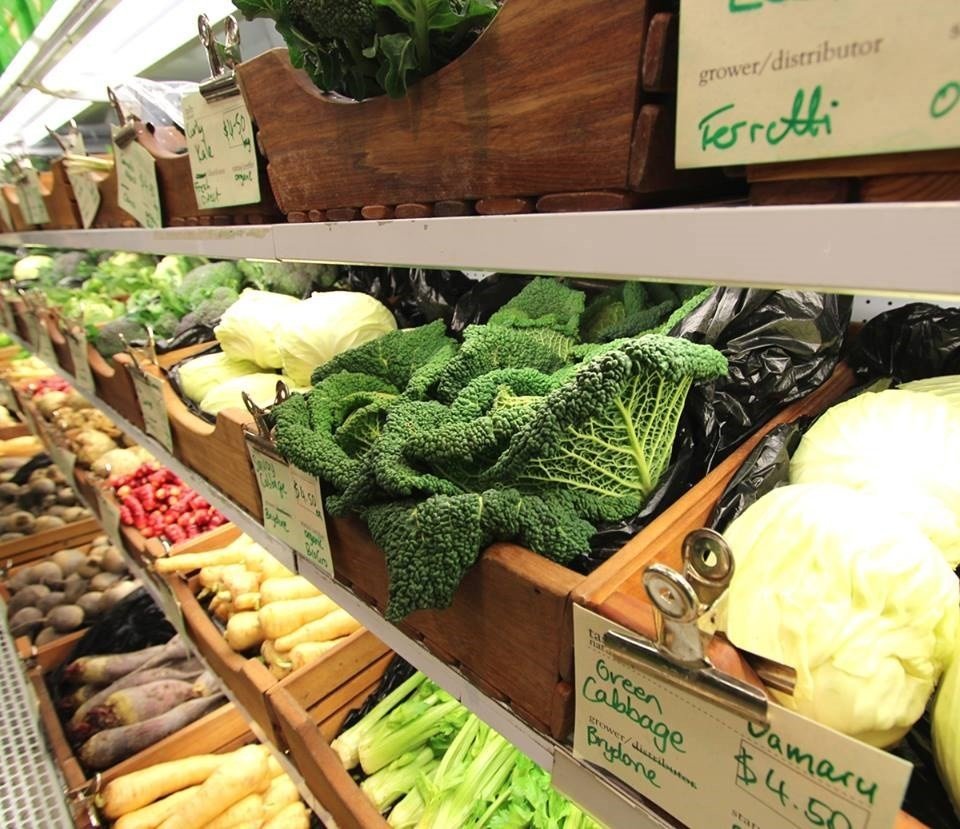
Food labelling
To know our food is safe and free from contamination and harmful residues is a fundamental human right. However the right to know exactly what we are eating is often taken away and even routinely denied to us. While growing our own food or buying local and organic food remains the best way to ensure we know what we are eating, we must also know what has been sprayed onto crops and soil, added to foods, and used in the processing of the food we purchase.
READ FULL POLICY
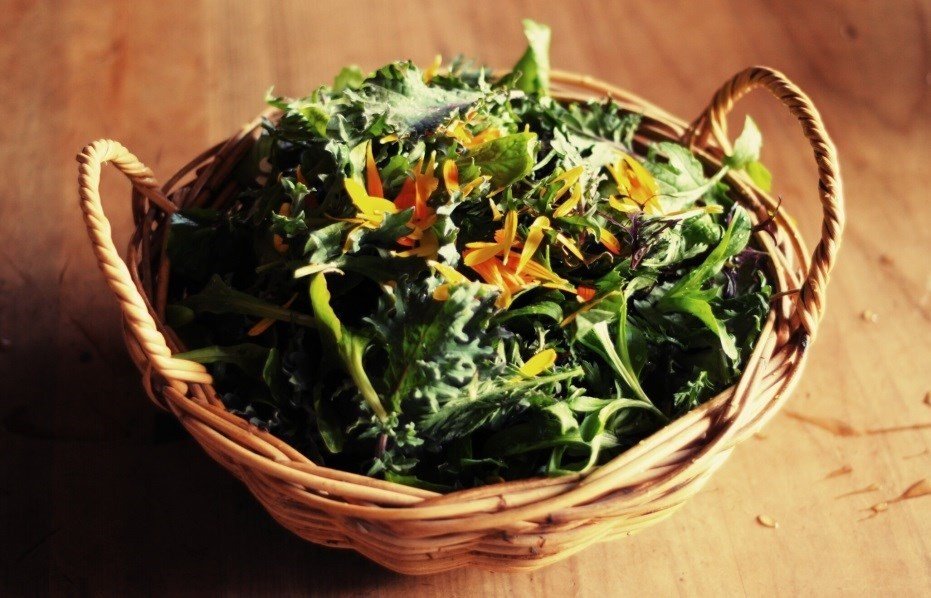
Safe food
There are increasing levels of diet-related health issues in Aotearoa New Zealand. Many illnesses have been linked to food including diabetes, attention deficit disorder, fertility problems, thyroid disorders, obesity, Alzheimer’s and cancer. Aotearoa New Zealand has the third highest adult obesity rate in the OECD and one in ten children are obese. The majority of people in the developed world eats excessive quantities of highly processed pre-packaged foods and have no idea about the number of harmful chemicals they are exposed to every day through the food they eat.
READ FULL POLICY

Clean waterways
New Zealand’s waterways are in a dire state with a staggering 60% of monitored rivers being unsafe for swimming and 74% of freshwater fish species are threatened. A big factor in this is nitrogen pollution from the increasing intensification of agriculture. Much of the nitrogen pollution comes from cattle urine diffusing through soils and pasture root zones, and from soluble synthetic nitrogen fertilisers, so while planting stream banks and fencing off streams is good, it cannot solve this issue on its own.
READ FULL POLICY

Biodiversity in agriculture/diverse agriculture
Agriculture is one of the fundamental drivers behind biodiversity loss worldwide. Monoculture crops and livestock, synthetic fertilisers and pesticides are the greatest contributors to the loss of biodiversity in agriculture.
In agriculture, synthetic pesticides are often used to eliminate unwanted weeds, pests and diseases, reducing biodiversity, particularly key soil microbial diversity in the system and upsetting ecosystem balance.
READ FULL POLICY

Pesticides
Conventional agriculture relies on pesticides to protect crops from pests and diseases – including synthetic herbicides to control weeds and synthetic
fertilisers to promote crop growth. Over time this heavy use of synthetic chemicals reduces the soil biota and the productive capacity of the soil, and creates increased resistance by pests to the chemicals used, as well as the resurgence of secondary pests.
READ FULL POLICY
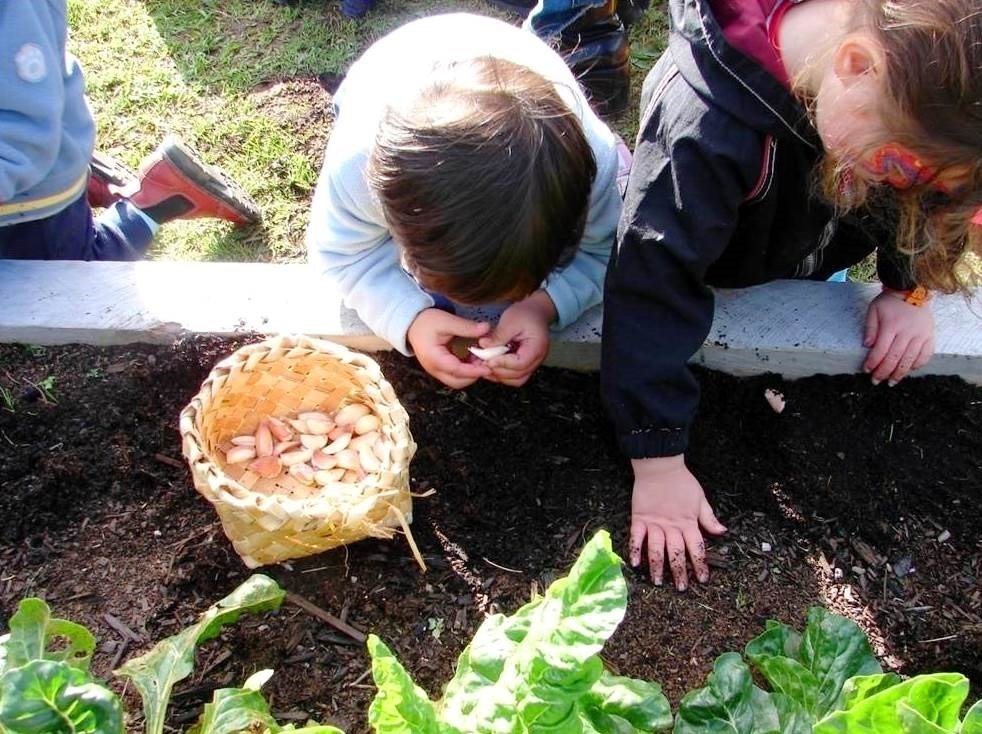
Māori organics and Te Tiriti o Waitangi
Long before Europeans arrived on Aotearoa’s shores, Māori were prolific gardeners. Today in Aotearoa many whānau, hapū, iwi and Māori communities are using organic gardening practices to promote self-sufficiency in their whānau and communities.
READ FULL POLICY

Healthy Soil
The health of our food and therefore the health of people is dependent on the health of the soil. Most of the food we eat has been grown in a fragile layer of topsoil that has been formed over thousands of years. Topsoil is being lost at an ever-increasing rate due to extractive agriculture and forestry practices. Industrialised agriculture, through the use of agrichemicals, overstocking, heavy machinery and a lack of soil cover, is destroying soil structure, causing soil compaction and erosion, and the depletion and loss of soil organic matter and nutrients.
READ FULL POLICY

Education
Education is key to ensuring an environmentally sustainable future for the planet. Just three generations ago our food came from gardens and orchards, we were all gardeners, and each bioregion was self-sufficient in most fresh foods.
The opposite is now true. Today in Aotearoa New Zealand less than 7% of people are growing food for the other 93% of us. Our modern industrial food system is both ecologically destructive and functionally fragile.
READ FULL POLICY

